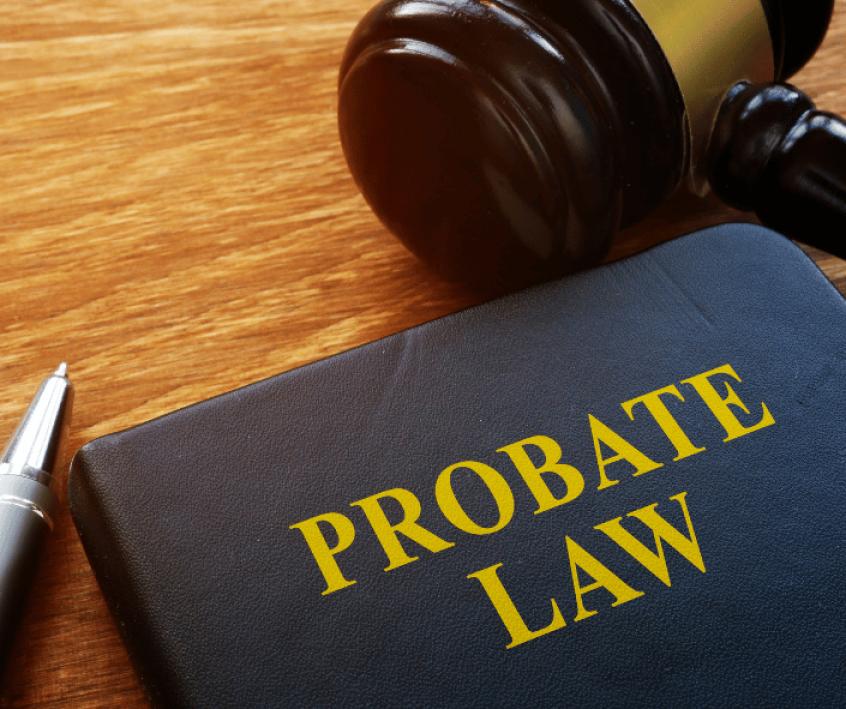
Probate is the legal process through which a deceased person’s estate is managed, debts are paid, and assets are distributed to heirs or beneficiaries. It plays a critical role in ensuring that a person’s wishes are honored and that creditors and taxes are appropriately handled. Whether you're an executor, heir, or simply trying to understand how the system works, knowing the basics of probate can help you navigate this often-complicated area of law with more confidence.
Probate refers to the court-supervised process of validating a deceased person’s will (if one exists), appointing an executor or administrator, settling outstanding debts, and distributing remaining assets to the rightful heirs or beneficiaries. If a person dies with a will, the court ensures that the will is legally valid. If they die without a will (intestate), state intestacy laws determine how the estate is divided.
Probate also acts as a safeguard against fraud by freezing the estate’s assets until the court confirms the executor and all legal steps have been taken.
In most cases, probate is required when a person dies and leaves behind titled property, financial accounts, or significant assets that are not automatically transferred through other legal means. Whether probate is necessary depends on:
Whether the deceased had a will
The value of the estate
The type of property and how it’s titled
State laws on small estate exemptions
Some assets, like jointly owned property or accounts with a named beneficiary (like a life insurance policy), usually pass outside of probate.
The probate process can take several months to a few years, depending on the complexity of the estate and whether any disputes arise. Here's a step-by-step overview:
Filing the Will and Petition – The executor files the will and a petition to open probate in the appropriate court. If no will exists, an interested party may petition to be appointed administrator.
Notifying Interested Parties – All heirs, beneficiaries, and creditors are formally notified that the probate process has begun.
Validating the Will – If a will exists, the court verifies its authenticity.
Inventorying the Estate – The executor identifies and values all assets, including real estate, bank accounts, investments, and personal property.
Paying Debts and Taxes – Outstanding bills, funeral expenses, and any applicable taxes must be paid before distributing assets.
Distributing Remaining Assets – Once all obligations are met, the court authorizes the executor to distribute the remaining estate to the beneficiaries named in the will or, in the absence of a will, according to state intestate succession laws.
The duration of probate varies by state and by case. On average, a straightforward probate case takes 6 to 12 months. However, complex estates or contested wills can take several years to resolve. Delays often occur due to:
Incomplete paperwork
Disputes among heirs
Unpaid taxes or debts
Real estate sales or property valuation
Many states offer simplified probate options for small estates, which can significantly reduce the timeline.
The executor named in the will (or an administrator appointed by the court) is legally responsible for managing the probate process. Their duties include:
Locating and securing assets
Communicating with the court
Handling all financial responsibilities
Ensuring accurate distribution of the estate
Executors are fiduciaries, meaning they must act in the best interests of the estate and its beneficiaries. Failure to do so can lead to personal liability.